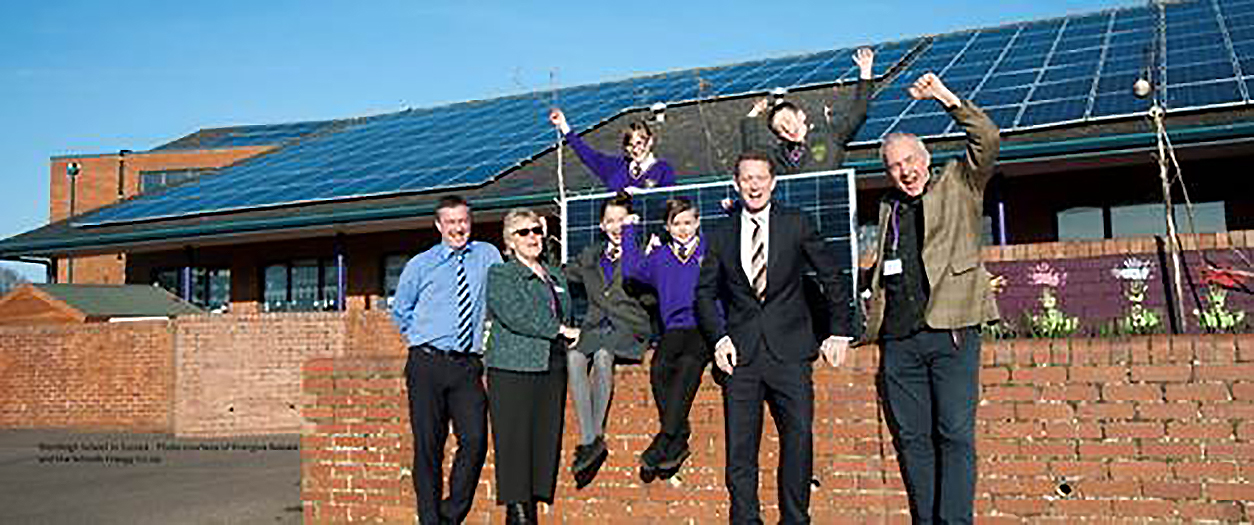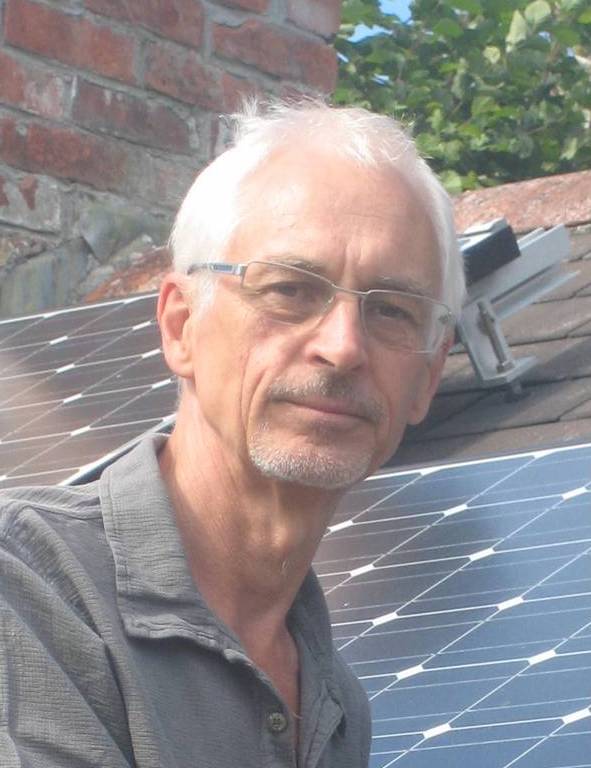The Schools’ Energy Co-operative has launched a share offer to raise funding to install solar panels on more schools.
Since 2015, the co-op has installed solar PV panels on 36 schools across the UK. The approach is based on the model of Wey Valley Solar Schools Co-operative, which opened in 2011. The projects have been funded by £1.3m raised from its 250 members.

The society aims to raise £500,000 through the share offer to complete the installation of solar panels at six schools in the Ealing area over the summer holidays.

The Schools’ Energy Co-operative was set up in August 2014 when it installed its flagship 150kW array of solar panels at Glenleigh Park Primary Academy in Bexhill, East Sussex. Since then, it has helped schools install renewable energy and maximise the environmental, educational and community impact of the solar installations. The co-op also undertakes and pays for the necessary structural and electrical surveys before installation.
The scheme is open until 18 September 2018. Those interested in becoming members can invest between £100 and £100,000.
Andy Rolfe, one of the directors and long-time Ealing resident, said: “Benefiting the community is at the forefront of the project. Locally, the schools will save money on their energy bills and eventually will inherit the panels. Globally, the panels will reduce carbon emissions, helping to address climate change.
“You can purchase shares for as little as £100 and as a member you will also receive annual share interest, projected to be around 4.5% starting from April 2019.”
“The ethical standpoint we bring to this is important to the school as well,” says volunteer chair of the co-op, Mike Smyth. A solicitor who lives in Milford, Surrey, Mr Smyth is also chair of Energy4All.

Currently, the schools are paid for creating their own clean electricity via a generation tariff, with extra payments available when they generate more than they use. With the feed-in-tariffs due to expire at the end of March 2019, the co-op aims to carry on helping schools make the most of the opportunity.
The co-op plans to continue launching community share offers as a means of fundraising post feed-in-tariffs. The model also improves community engagement, said Mr Smyth.
“We would rather have community funding than funding from banks,” he added. “That is just a commercial relationship. We prefer to work with the public. We are saving schools money, cutting carbon, engaging communities. It is a wonderful combination.”

